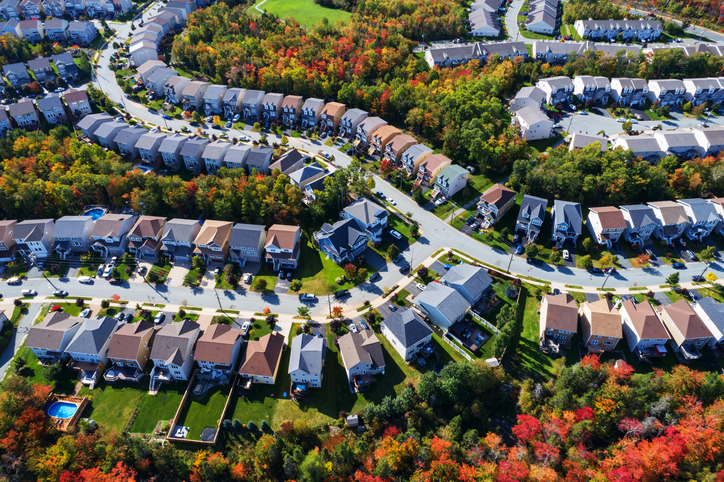Has your association seen an increase in costs in recent months? What are the best steps your community can take to navigate these inflationary times and ensure a healthy financial future? Anticipating the expenses for an association can be onerous during normal times. Anticipating expenses during a difficult financial climate can make this process even more challenging. This is a common issue that many associations are currently facing. As your association begins the process of preparing the next year’s budget, here are some guidelines and best practices to consider.
During normal times, important things to consider as part of the budget process are homeowner delinquencies, the association’s cumulative deficit or surplus, taxes and investment income. During inflationary times, there are additional factors to consider. Delinquencies are likely to increase, and expenses that were not volatile, such as utility costs, are likely to rise. Vendors may also need to implement an overall increase to their contract prices as they experience increased costs for fuel as well as labor and materials.
So, what can associations do in anticipation of all of this?
If the increases are expected to be short-term, the association can pass a special assessment to help fund the temporary change and re-evaluate the situation during the next budget period. If the association has a cumulative operating surplus, this can also be utilized to supplement the budget increase and re-evaluate the operating fund balance in the next budget period. On the other hand, long-term increases in costs will warrant an increase in fees. This necessary increase is further exacerbated if the association has an operating deficit.
As important as it is to consider the above best practices, it is just as important to consider the following decisions that could negatively impact the association. Quite often, one of the first items a Board may consider cutting back on in the budget may be the allocations to the association’s funds. Although the impact of this may not be felt in the current year, cutting back on allocations to the funds can have significant repercussions in the future if adequate monies are not set aside for future projects. Other alternatives may be to look for cheaper vendors, cut back on maintenance work, or delay projects. While these options can provide short-term financial relief to a community, in the long term they negatively impact the association by potentially lowering the aesthetic appeal of the community, thus impacting the resale value of homes. Furthermore, delaying making repairs or upgrades would result in making them more costly in the future.
Aside from budgeting in inflationary times, there are several best practices to consider which can help your association minimize the impact of a difficult financial year in the future. Small increases in fees each year are essential as they could potentially prevent the need for a special assessment or a large increase in the future. Large increases and special assessments could be more difficult for unit owners to financially handle, thus resulting in higher delinquency rates. In addition, it is imperative that the annual budget is realistic. Look at prior year costs, as well as future contracts or obligations, to determine what line items need to be changed or increased.
As you can see, with a few fairly simple steps to take, as well as avoid, you can ensure your association is prepared to navigate this difficult financial climate. Although it may seem challenging, there are options to minimize the impact the rise in costs has on your community. WilkinGuttenplan is here to help you navigate this and consider your association’s best options for these difficult situations.
If you have any questions or would like to discuss your financial situation, please do not hesitate to reach out to your WG advisor or e-mail us at [email protected].





